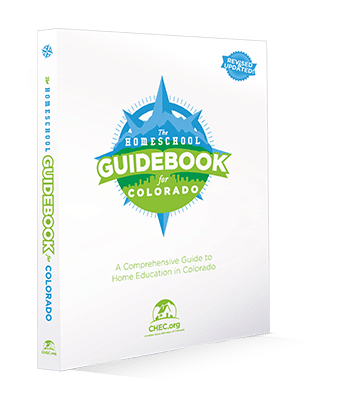By Julianna Dotten
I have fond memories from my childhood of getting up in front of our homeschool classroom (i.e. my three younger siblings) to read the day’s discoveries from my Learning Journal. Of course, there were days when the journals read nothing more than “Got up. Ate breakfast. Learned fractions.” (Did I get my three sentences in?) But over time, the journal became a natural way to process not merely events but ideas. It seemed like the mere act of putting pen to paper opened whole new connections in my mind, new ideas that began to form from the experiences of the day, or perhaps a recent history lesson.
Learning Journals are powerful. Perhaps it’s simply the freedom that comes from not having to worry about punctuation and spelling and three-point essays. The freedom to simply write, explore ideas, express your thoughts — and learn through the very act of writing.
And as powerful as journals are, they are incredibly simple to implement in your day-to-day curriculum. No fancy writing programs needed. You can start simply by buying a nice-looking journal (your students will be more motivated to write well than a simple spiral notebook) and asking your student to write one thing that he or she learned at the end of the day. Don’t worry about editing, spelling, or grammar. The purpose is to simply encourage them to get their thoughts down on paper.
At the beginning, you may need to put a sentence minimum to the assignment. But over time, they will hopefully begin to get excited enough about something to write more. If that something is the mechanics of Boeing 314 Clippers, building forts in the backyard, or cooking sourdough bread, that’s great! After all, who loves writing unless the topic is something they’re passionate about?
Below are 5 ideas for implementing Learning Journals:
- Combine Learning Journals with specific school subjects. History or science provide a natural topic to journal about. When your children know they will need to write a paragraph summarizing what they’ve read, they’ll be much more likely to listen or read carefully during their lesson. But once they’ve grown used to summarizing, why not encourage your students to start exploring ideas and questions in their journals? My best memories of using a Learning Journal occurred when we did the Gileskirk American Culture curriculum during high school. The history lectures by Dr. George Grant were so fascinating I couldn’t wait to start processing the ideas in my journal. Grant himself highly recommends keeping such a journal, and it makes an incredible difference in developing critical thinking!
- Use the journals as public speaking practice! Pulling out Learning Journals during dinnertime is an excellent way to jumpstart discussions about what you’ve learned that day in school. Better yet, have each child stand up in front of the family and read his entry for the day. Not only will it help him get more comfortable speaking in front of people, he’ll have extra motivation to write well!
- Don’t forget the journals while traveling. When I was ten, my family took a three-month long road trip across the U.S., and typical of a homeschool mom (we homeschooled students never get a break!), my mother packed us special journals to sketch state lines, glue in museum tickets, and record the lessons learned along the way. It proved the perfect way to continue our schooling even during the upheaval of long car rides and staying in a different place every night.
- Set aside some days for creative writing. If your normal routine is to require a paragraph or two about the day’s events or school subjects, why not have a special day for creative writing? Most children love writing stories, and they will look forward to the special treat!
- Use Learning Journals in your study of civics. The CHEC U.S. and Colorado Civics Curriculum provides a Learning Journal question at the end of each lesson to jumpstart writing ideas. The process of thinking through one’s political opinions on paper is crucial to being able to come to a well-informed position on an issue, as well as being able to articulate and defend it when needed! Learn more about the CHEC Civics Curriculum here.
However you decide to implement Learning Journals into your curriculum, they can be the catalyst to help your children love writing (and better yet, think deeply). So keep calm and write on!






0 Comments